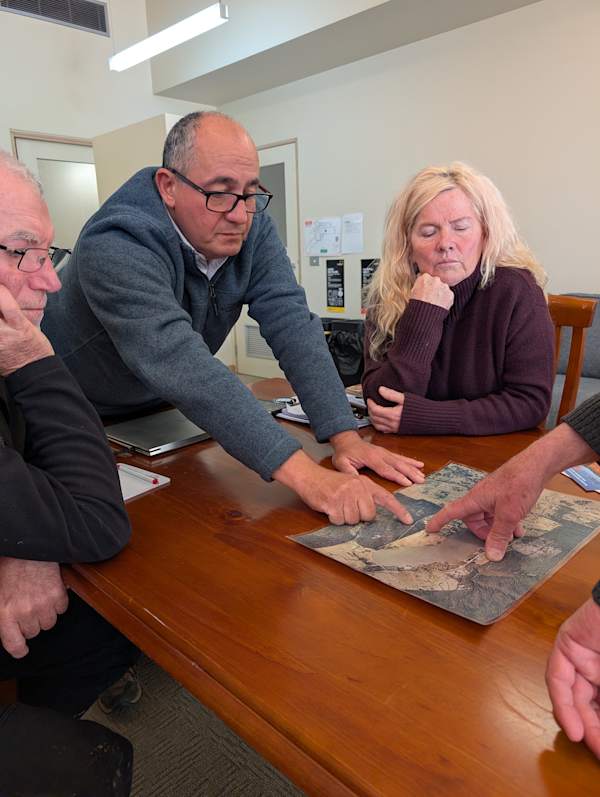The federal government has agreed to pay $548m as part of a compensation package to the thousands of victims of the robodebt scandal.
The commonwealth, and the applicants represented by Gordon Legal, have reached a settlement of the 2024 robodebt class action appeal.
In the biggest class action settlement in Australian history, nearly 450,000 victims of the robodebt scandal are set to receive $475 million, along with legal costs and costs of administering the settlement.
Indi MP Helen Haines said the $548m settlement is vindication for the victims of robodebt who were unlawfully pursued for debts they did not owe.
“Robodebt is one of the most egregious examples of public maladministration in our history,” she said.
Latest Stories
“This is not the end though, with the National Anti-Corruption Commission investigation of six referred individuals and many recommendations from the Royal Commission into robodebt are still to be actioned by the government.”
The robodebt class action was originally settled in 2021.
In 2022, approximately $112 million in settlement payments was distributed to group members.
In September 2024, Gordon Legal appealed this settlement.
The commonwealth, and the applicants represented by Gordon Legal have agreed to resolve the appeal with a new settlement.
The new settlement now needs to be approved by the Federal Court.
It is expected the Federal Court will be asked to approve the settlement in the first half of 2026.
If the new settlement is approved, the commonwealth will pay $475 million as compensation for the harms caused to eligible group members.
ACOSS has welcomed the announcement of a settlement for victims of robodebt but said there remain outstanding actions needed to deliver full justice for the devastating impacts of the scheme.
“The announcement of a $548 million settlement for victims of robodebt is further recognition of the devastating impacts of the unlawful and harmful Robodebt Scheme designed by the former coalition government affecting about 400,000 people,” said ACOSS CEO Dr Cassandra Goldie.
“What it does not do, however, is deliver full justice for people who were hounded by their government for unlawful debts that they did not owe.
“The National Anti-Corruption Commission is still investigating six individuals referred to it by the Robodebt Royal Commission.
"This follows the recommendation by the NACC Inspector that the NACC reviews its decision to not investigate.
"Following this review, it subsequently decided to investigate.
“Ten years on from when robodebt commenced, no one responsible for its design, implementation and continuation has been publicly held accountable in a way that delivers justice for its victims and their families.
"There is clear public value in ensuring that justice is carried out for those responsible for robodebt.
“It is shameful that those who are responsible for robodebt and who ignored its harm have been subject to very little accountability, if any.
ACOSS repeated its call for the Federal Government to implement the remaining recommendations of the Robodebt Royal Commission.
“We urge the Federal Government to implement all 57 recommendations from the robodebt Royal Commission, including reinstating the statute of limitations on debt recovery and its recommendation to amend cabinet confidentiality provisions in the Freedom of Information Act.
“There is every likelihood that if our FOI laws permitted greater transparency, robodebt may have been stopped much sooner.
"We hold concerns about the government’s legislation to amend the FOI Act, which would see more documents considered to be cabinet documents.
"This will inevitably reduce transparency,” Dr Goldie said.














